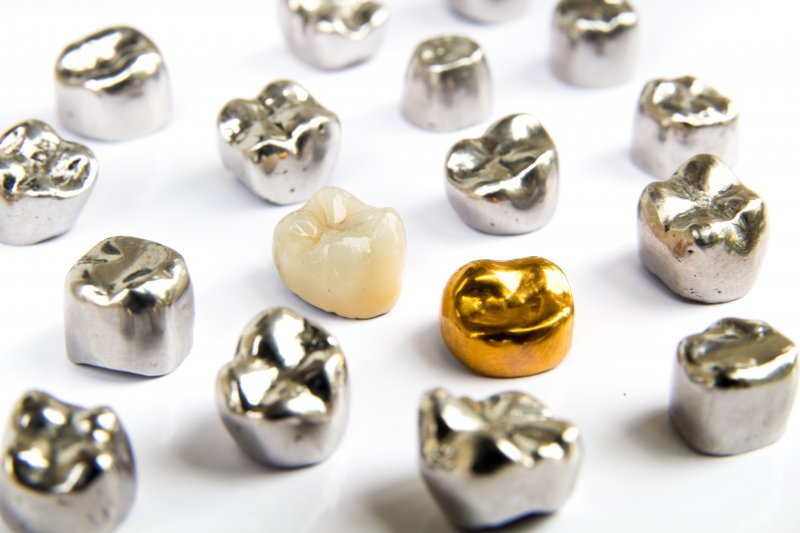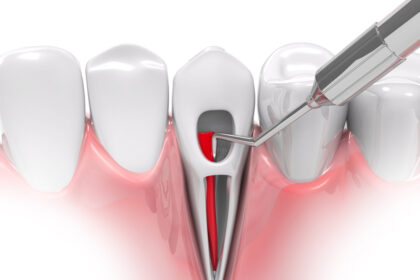A dental crown is a custom-made cap placed over a tooth to restore its shape, size, strength, and appearance. When a tooth is damaged or decayed, a crown encases the entire visible portion of the tooth that lies at and above the gum line. Selecting a material for your crowns involves reviewing several options, each with distinct properties. Here is more information about the choice of materials for a dental crown:
All-porcelain Crowns
All-porcelain crowns are a standard choice due to their natural appearance. This type of crown provides a good aesthetic match for your existing teeth. Porcelain is a type of ceramic, and professionals create these crowns entirely from this material. They do not contain any metal.
The material’s translucent quality mimics the way natural tooth enamel reflects light. This allows the crown to blend in seamlessly with surrounding teeth. While they provide an excellent color match, the strength of all-porcelain crowns is a factor to discuss.
They are generally strong but may be more prone to chipping than some other types of crowns. This is the case when they are placed on molars that endure heavy chewing forces. Your dentist will evaluate the location of the tooth and your bite when discussing this option with you.
Porcelain-fused-to-metal Crowns
Porcelain-fused-to-metal (PFM) crowns are a dental standard. These crowns feature a metal substructure that provides strength and durability, with a porcelain layer fused over it to resemble a tooth. This combination aims to offer the sturdiness of a metal crown alongside the aesthetic appeal of a porcelain crown.
One potential issue with PFM crowns is the appearance of a dark line at the gumline over time. If your gums recede, they can expose the underlying metal edge of the crown. The porcelain part of the crown might chip, exposing the metal beneath. PFM crowns serve as a durable solution, especially for back teeth that face significant biting pressure.
All-ceramic Crowns
Dental professionals create all-ceramic crowns using various modern dental ceramic materials, including zirconia and lithium disilicate. These materials are utilized for their exceptional strength and aesthetic qualities. They are metal-free, which eliminates the risk of a dark line appearing at the gumline.
These are exceptionally strong and resistant to wear, making them a suitable choice for any tooth in the mouth, including molars. It is possible to match the color of these crowns to your natural teeth, though they may not offer the same level of translucency as all-porcelain options. These materials represent a modern approach to dental restorations, blending durability with cosmetic appeal.
Get a Consultation for Dental Crowns
Choosing a dental crown material is a decision made in partnership with your dentist. Each material has specific characteristics, and the right option for you will depend on factors like the tooth’s location, the condition of your bite, and your personal preferences. If you are exploring options for a dental crown, the next step is to get personalized guidance. Schedule a consultation with a dental team to discuss your needs and learn more about which dental crown material is right for your smile.









